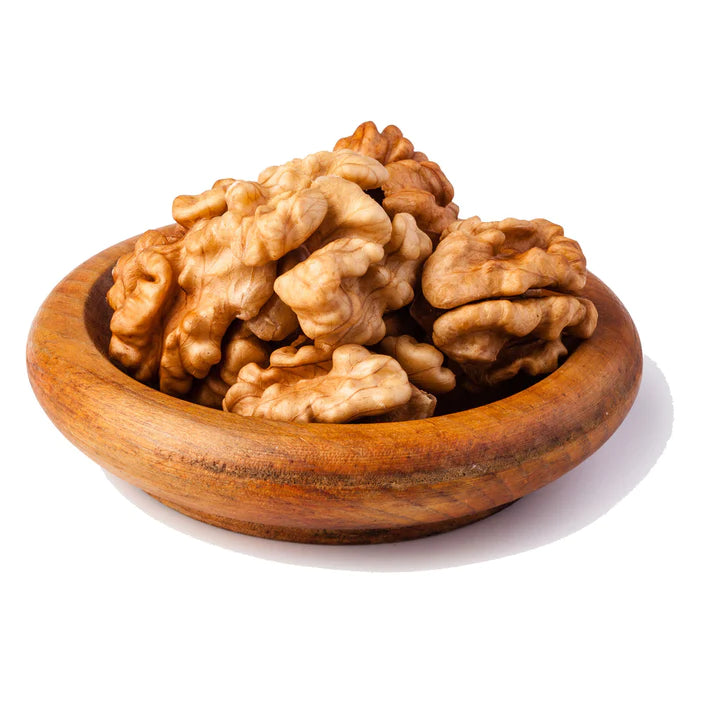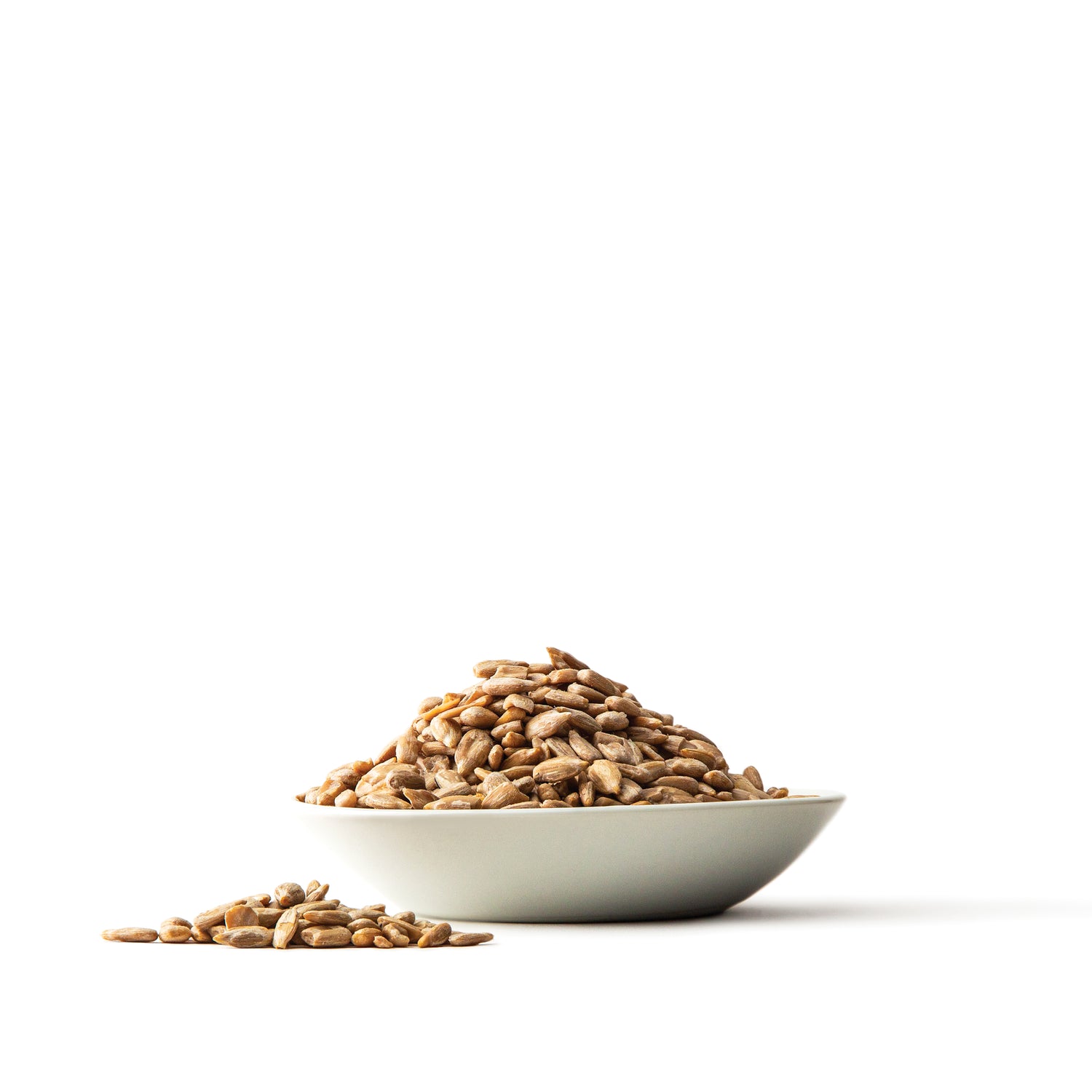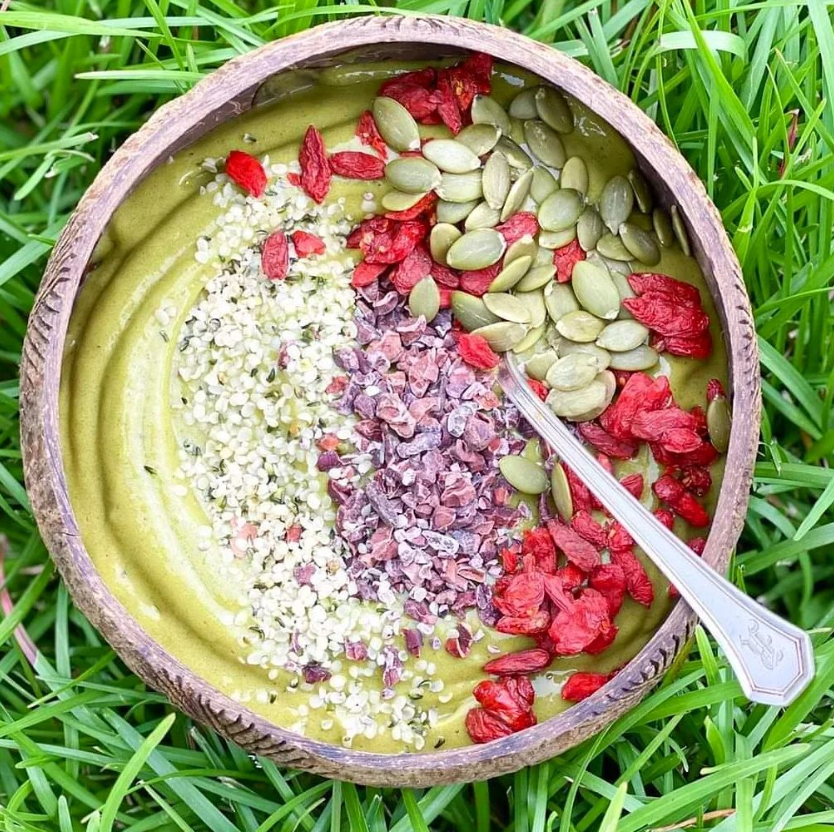Working on a computer all day can have a tremendous impact on eye health. All screens emit blue light, which can severely damage eyesight, interrupt the sleep-wake cycle, and lead to dozens of other problems over time. Over-exposure to screens can cause eyestrain and retina damage. To protect your eyes, follow these guidelines.
- Every twenty minutes of looking at a screen, look at something twenty feet away for twenty seconds.
- Every two hours of looking at a screen, refrain from looking at a screen for twenty minutes.
- Invest in blue light blocking glasses or a blue light filter on prescription glasses. They can save you a ton of money in eye doctor bills down the line!
These things can significantly help protect eyesight, but this is far from all that one can do to take care of their eyes. As with all health, eye health starts from within. The eyes are an incredible organ with many unique properties. Because of this, they require specific vitamins and nutrients to keep them healthy. Luckily, one can obtain all of these vitamins from a healthy, balanced diet.
Everyone has heard the old adage that carrots help eyesight, but have you ever stopped to question why? The main reason is the abundance of Vitamin A that they contain. Vitamin A is one of the necessary nutrients for eye health. It helps to maintain a clear cornea, the outermost part of the eye that protects and moistens the eye and focuses light into the pupil.
Loss of this clarity, called corneal opacity, can lead to impairment or loss of vision. Corneal opacity is the appearance of a film or milkiness on the surface of the eye or the cornea. Many afflictions cause corneal opacity, such as infection or injury, but commonly vitamin A deficiency is a large factor. Many treatments are available, including corneal transplantation for extreme cases. However, sufficient consumption of vitamin A can be a preventative measure.
One of the most necessary components of healthy eyes is antioxidants. Many vitamins and nutrients act as antioxidants such as vitamin E, vitamin C, several B vitamins, and zinc. These help to heal cells and maintain proper function. Antioxidants are incredibly important for overall health, but they are also essential for eye health.
Vitamin C contributes to the production of collagen, one of the main components of the eye. It helps maintain strength and integrity in the eye. Not only does collagen aid eye health, but it can also help hair, skin, and nails to grow strong and durable. Vitamin C supplements are in high demand, especially given the current circumstances of the world. However, it is possible to get all the daily intake of vitamin C from a healthy diet.
Omega-3 fatty acids are another essential component of eye health. They are crucial to bodily function as they contribute to the lipids found in cell membranes. The cell membranes allow cells to remain intact, maintain integrity, and properly communicate with one another. When the barrier is healthy, cells can function well. Proper cellular health can prevent degradation of the cornea and other ocular structures. When one or more of these components develops a fault, it can cause cataracts or corneal opacity.
A second reason parents and doctors alike recommend carrots for eyesight is the presence of carotenoids. These are plant chemicals that give carrots and many other vegetables their distinct color. They fight against free radicals and help plants absorb light for photosynthesis. In the human body, they are often converted into vitamin A, act as antioxidants, or give anti-inflammatory effects. These are all beneficial for eye health.
Luckily, there are several simple ways to get these nutrients, and one of the best is hemp. Hemp contains several essential eye nutrients such as vitamins A, B, C, and E. It also is a fantastic source of Omega-3 fatty acids, which are necessary for all bodily functions. In most cases, taking care of the eyes is taking care of the whole body.
Foods Alive has several products based around hemp from our cold-pressed hemp oil, hemp seeds, hemp protein powder, and even onion ring clusters featuring hemp seeds. There are so many delicious ways to incorporate hemp into your diet. Toss a handful of hemp seeds into soups or salads, put a teaspoon or two of hemp oil on potatoes or in a smoothie. You can also use hemp oil in salad dressings or try Foods Alive Asian Ginger salad dressing made with hemp oil. The possibilities are endless.
Screens are incredibly useful in today’s modern era. They facilitate work and communication, allow people to see one another face-to-face from opposite sides of the globe, and foster storytelling. However, it is crucial to get away from them now and then. Blue light can be detrimental not only to your eyes but to your overall health, as it interrupts sleep cycles and promotes a sedentary lifestyle. Balance is the key to a healthy lifestyle. Be sure to protect your sight, and remember to get away from your screen every now and again. Have fun, and do great work!
Research
https://www.healthline.com/nutrition/eye-vitamins#TOC_TITLE_HDR_11
https://www.healthline.com/nutrition/8-nutrients-for-eyes#TOC_TITLE_HDR_10
https://www.webmd.com/food-recipes/benefits-carrots#1
https://www.livescience.com/52487-carotenoids.html
https://usa.inquirer.net/34235/hemp-oil-benefits
https://www.healthline.com/nutrition/black-sesame-seeds-benefits#nutrition
https://www.verywellfit.com/the-benefits-of-sacha-inchi-89510
https://www.webmd.com/vitamins/ai/ingredientmono-1006/evening-primrose-oil
https://preventblindness.org/blue-light-and-your-eyes/






